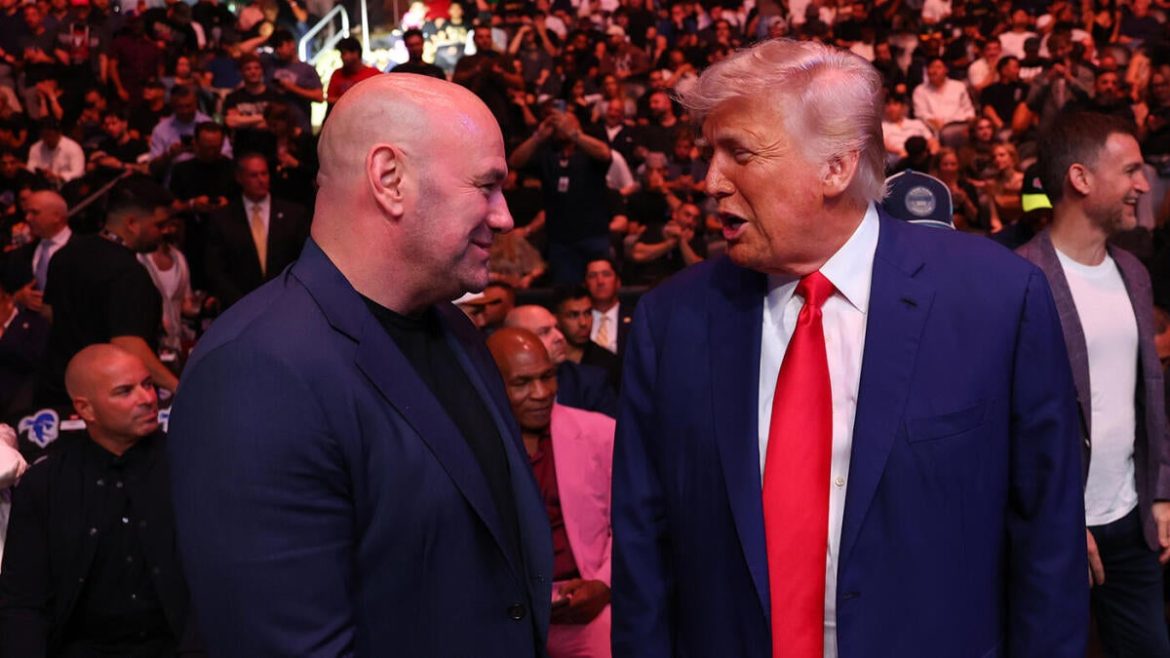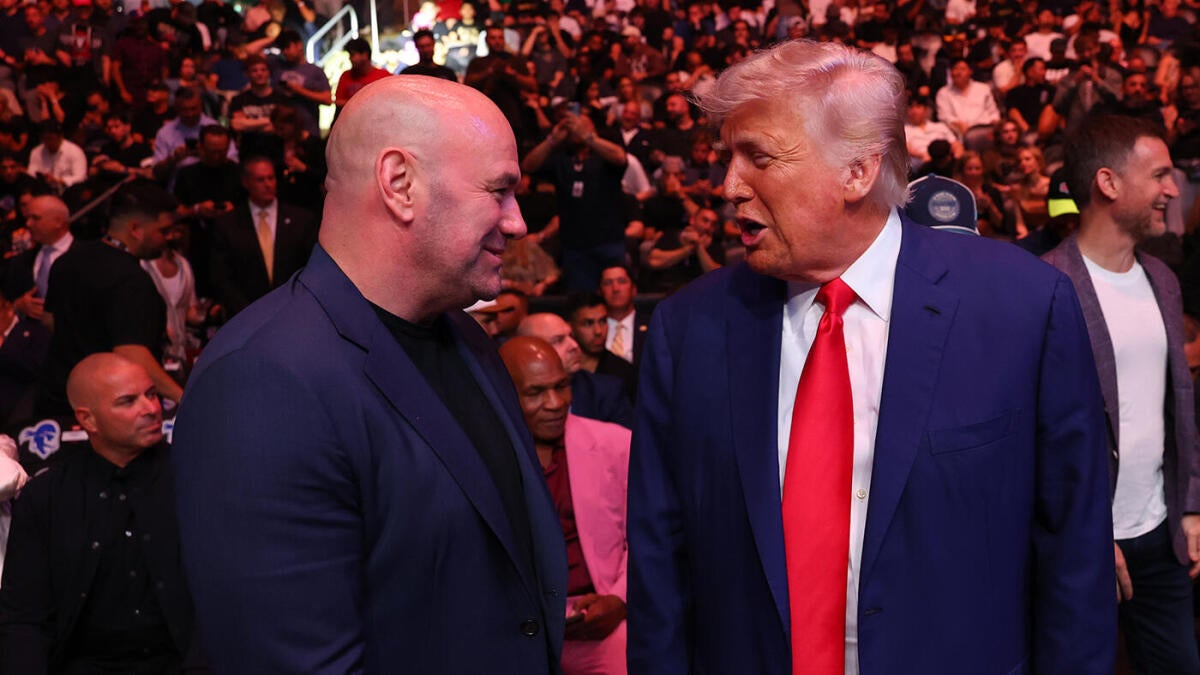The intersection of politics and entertainment has long been a subject of fascination, but few proposals have captured the imagination—and sparked as much controversy—as Donald Trump’s plan to host a UFC fight on the White House grounds in 2026. As part of the United States’ 250th-anniversary celebrations, this audacious idea has ignited debates about the boundaries of presidential conduct, the role of spectacle in governance, and the evolving relationship between sports and politics. The proposal is quintessentially Trumpian, blending his penchant for disruption with his deep ties to the UFC and its leadership. To fully grasp the implications of this proposal, it is essential to examine the motivations behind it, the logistical and ethical challenges it presents, and the broader cultural and political implications of such an event.
A Strategic Blend of Politics and Entertainment
Trump’s career has been defined by his ability to merge politics with entertainment, a strategy that has proven effective in rallying his base and dominating media narratives. His rallies, often likened to rock concerts, are a testament to this approach. The proposed UFC event at the White House is an extension of this strategy, offering a high-profile spectacle that is guaranteed to capture public attention. The UFC, under the leadership of Dana White, has been a vocal ally of Trump, with White frequently appearing at rallies and endorsing the former president. This existing relationship makes the collaboration a natural, if unconventional, fit.
For the UFC, the event represents an unprecedented opportunity to elevate its profile and gain mainstream acceptance. Mixed martial arts has long been a niche sport, often criticized for its violent nature. Hosting a fight at the White House could help legitimize the sport in the eyes of skeptics, positioning it as a mainstream entertainment option. The event would also provide a platform for the UFC to showcase its top talent, potentially drawing in new fans and expanding its global reach. However, the association with Trump also carries risks, as the UFC could become entangled in political controversies that may alienate some of its more moderate or politically neutral fan base.
The Motivations Behind the Proposal
While the stated purpose of the event is to celebrate the 250th anniversary of American independence, Trump’s motivations are likely more complex. Several factors suggest that the proposal is driven by political and personal considerations:
Logistical and Ethical Challenges
Despite the potential benefits, hosting a UFC fight at the White House presents significant challenges. The logistics of transforming the presidential residence into a suitable venue for a mixed martial arts event are considerable, and the ethical implications of such an event are equally complex.
Potential Participants and the Cultural Impact
One of the most intriguing aspects of the proposed event is the speculation surrounding potential fighters. Conor McGregor, the UFC’s biggest star, has already expressed his enthusiasm for the idea, tweeting that he would be “honoured” to participate. McGregor’s involvement would undoubtedly elevate the event to unprecedented levels of mainstream attention. His flamboyant personality, unmatched fighting skills, and global appeal would make him a major draw for both hardcore MMA fans and casual viewers. However, McGregor’s history of controversial behavior, both inside and outside the octagon, could also raise concerns about the appropriateness of his participation in an event hosted at the White House.
Beyond McGregor, there are numerous other potential fighters who could be considered for the card. The UFC is home to a diverse roster of talented athletes, representing a wide range of fighting styles and nationalities. Selecting the right matchups would be crucial to ensuring that the event is both entertaining and competitive. The cultural impact of the event could be significant, as it would bring together athletes from different backgrounds and countries, showcasing the global nature of the sport.
Conclusion: A High-Stakes Gamble
Trump’s proposal to host a UFC fight at the White House is a bold and audacious move that reflects his unconventional approach to politics and his affinity for spectacle. While the event could offer significant benefits in terms of solidifying support, dominating media coverage, and satisfying personal interests, it also presents considerable challenges and risks. The logistics of transforming the White House into a suitable venue for a UFC fight are complex, and the potential for negative public perception and political fallout is significant.
Ultimately, the success of the event will depend on Trump’s ability to navigate these challenges and to ensure that the event is perceived as a celebration of American independence, rather than a crass attempt to exploit the presidency for personal gain. The event, if it materializes, will undoubtedly be a spectacle unlike any other, a true collision of worlds that will leave a lasting mark on both the political and sporting landscapes. It’s a high-stakes gamble, one that could either solidify Trump’s legacy as a disruptor or tarnish the image of the White House in the eyes of many. The nation, and the world, will be watching.





